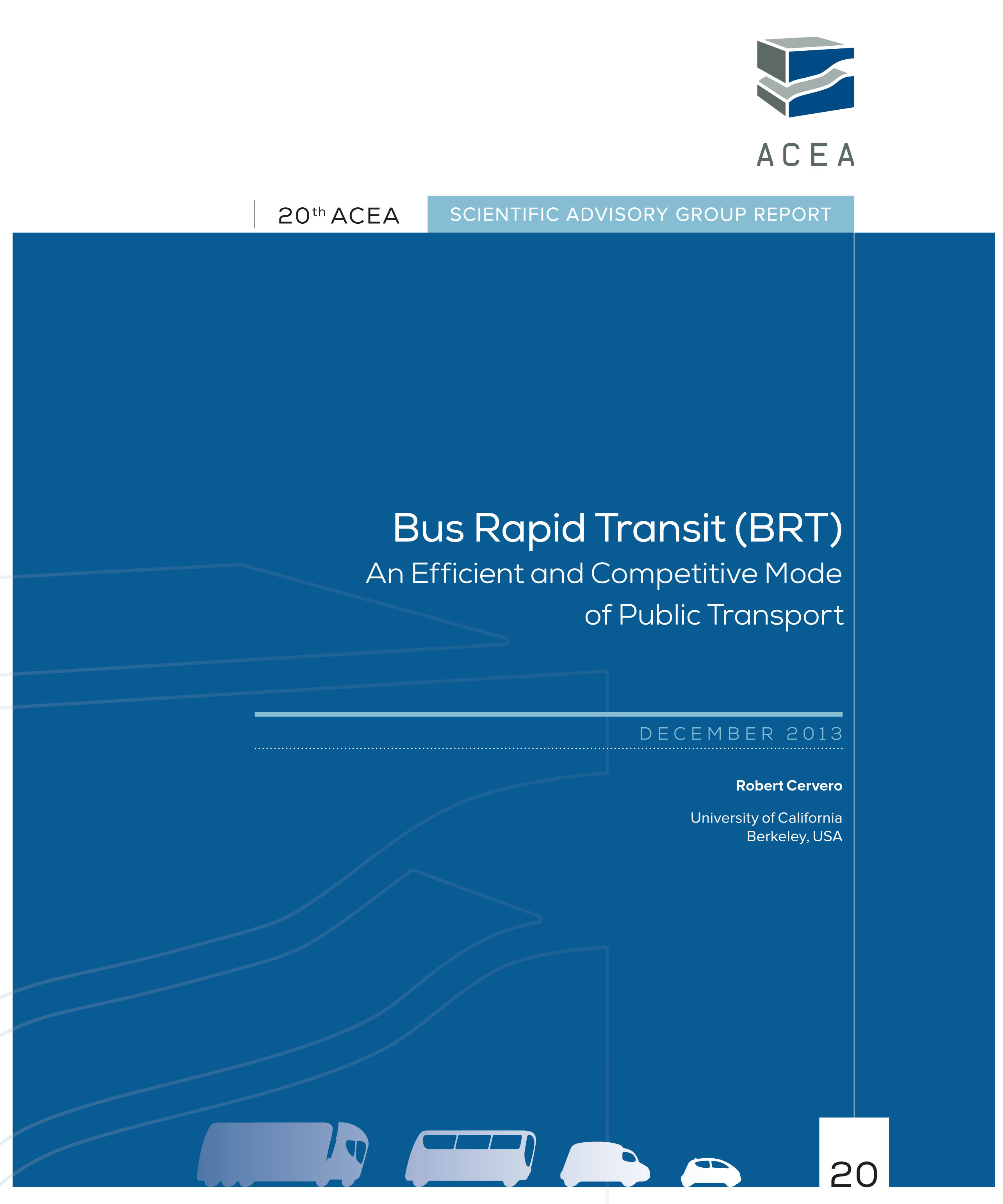APEC Peer Review on Energy Efficiency (PREE) Phase 4 (PREE + Follow-Up PREE)
The key objectives of the APEC PREE are to: a) share information on energy efficiency performance, as well as policies and measures for energy efficiency improvement; b) explore how energy efficiency goals could be effectively formulated in each APEC economy under review, taking into account the diversity of the strategies and circumstances of individual economies; […]
